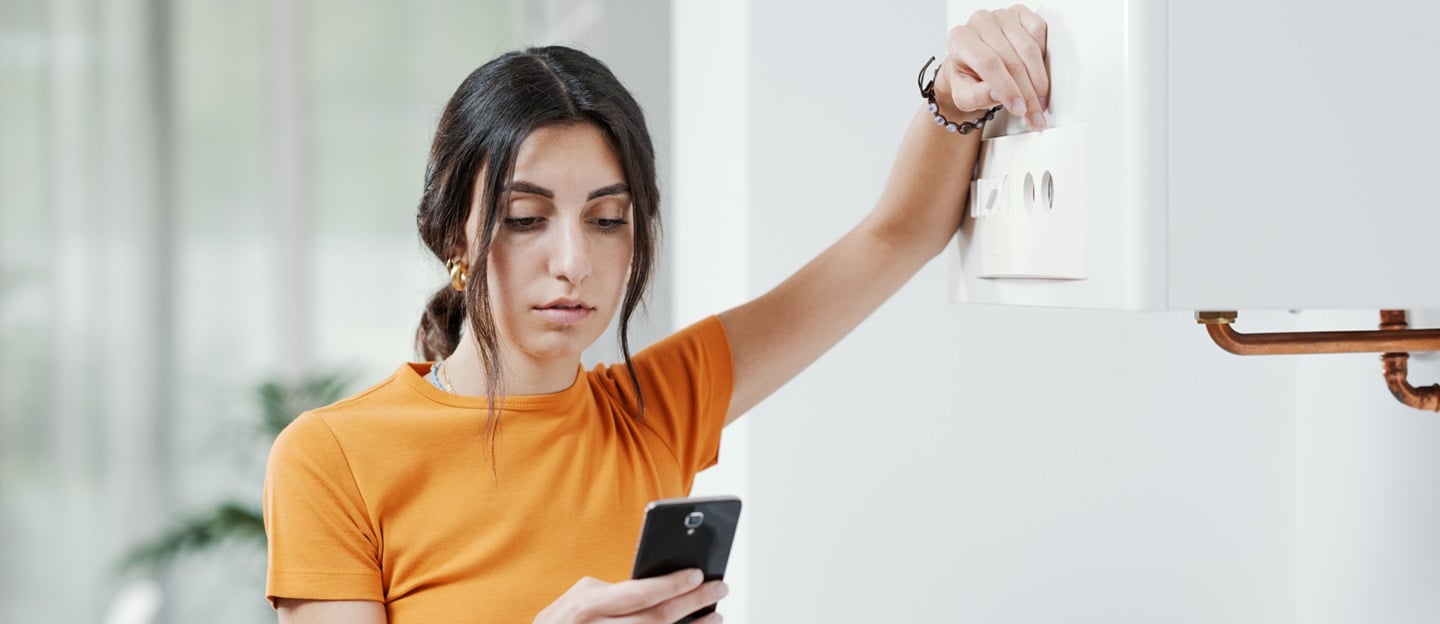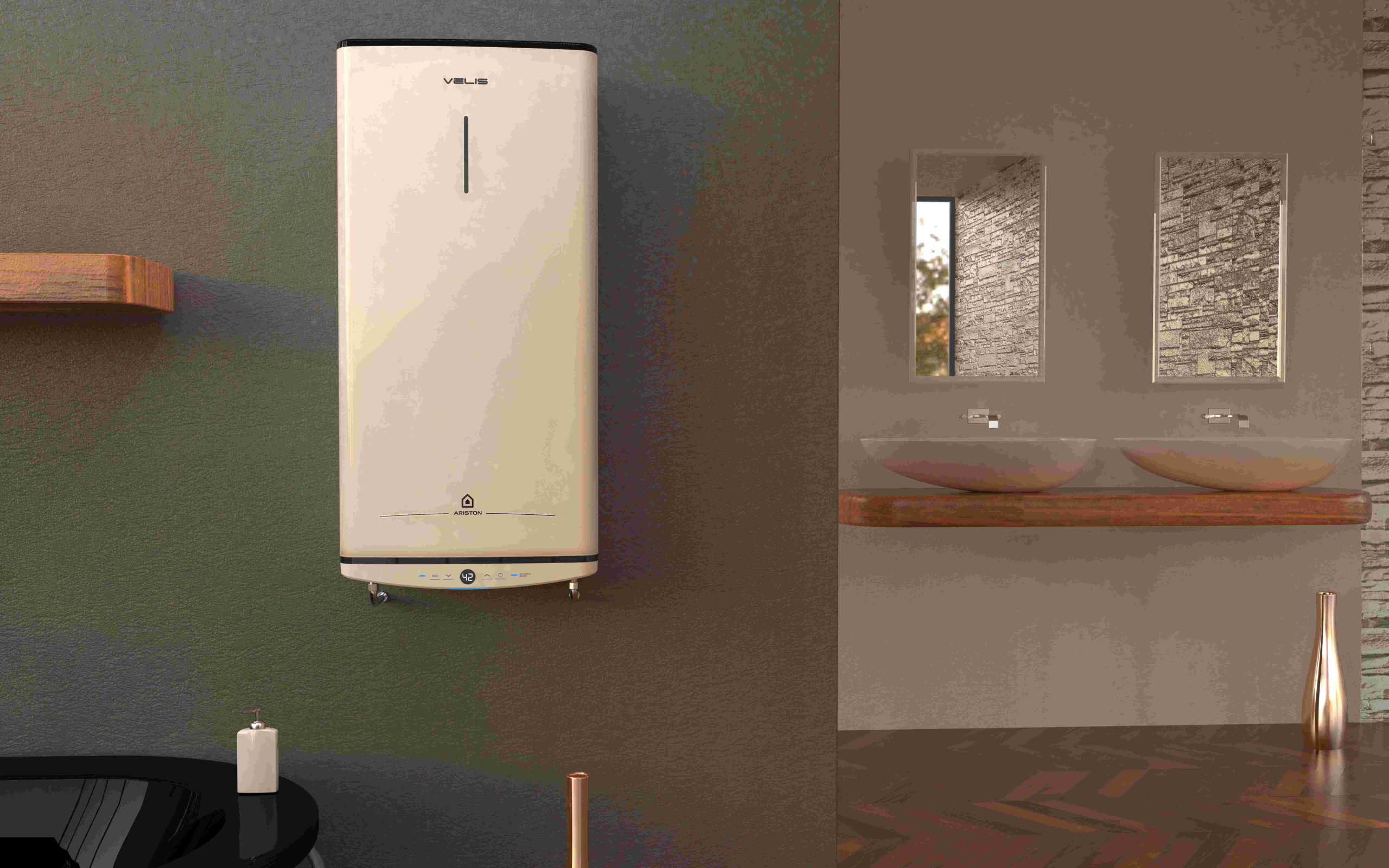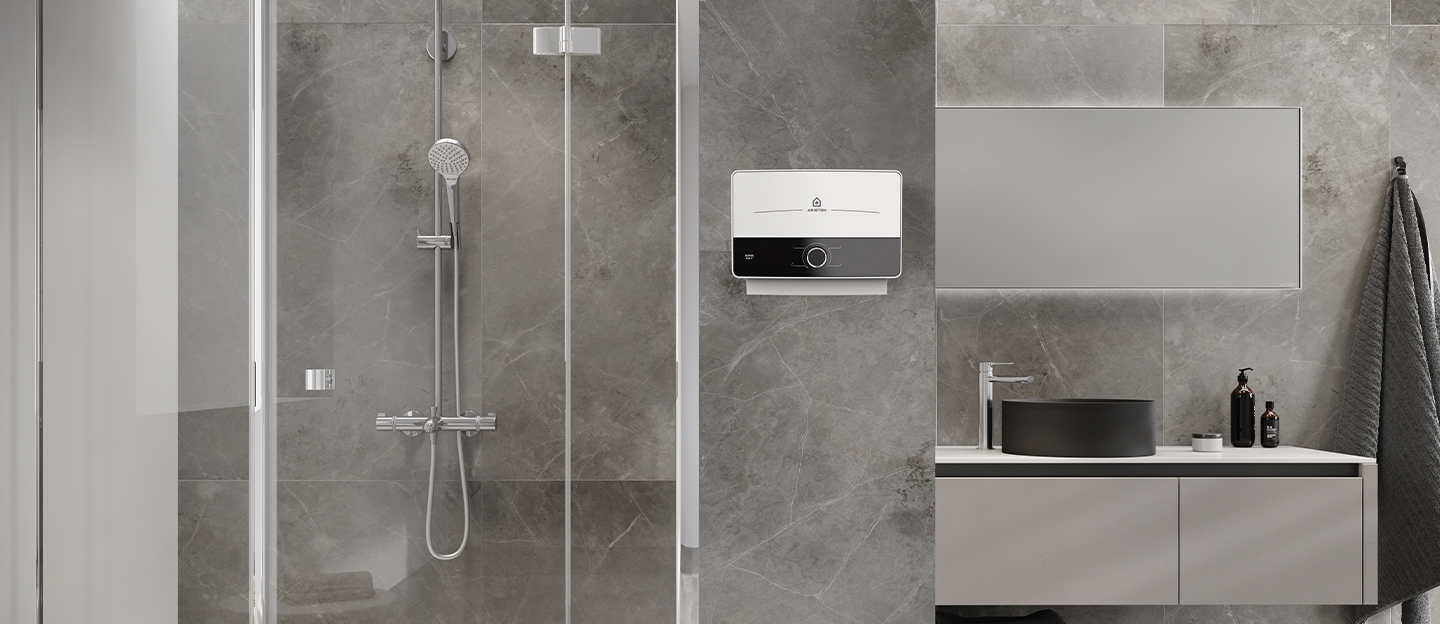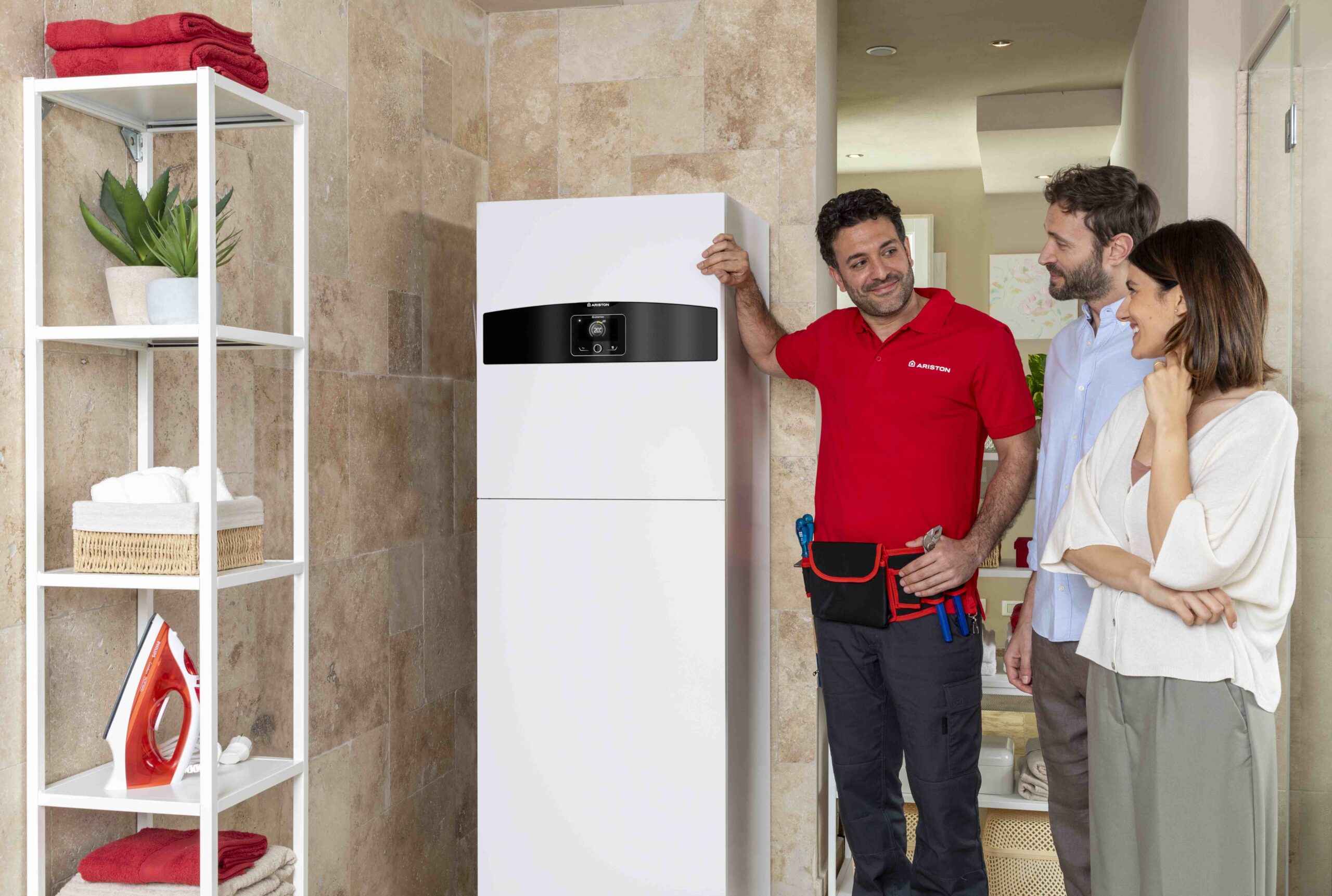Where are the Best Places to put an Electric Water Heater?
The installation of an electric water heater is a process that requires attention and consideration of various factors. The location you choose can have a significant impact on the unit's performance and the comfort of your home. This article will guide you through the key factors to consider when deciding where to place your electric water heater.
Factors to Consider before Water Heater Installation
Before proceeding with the installation of your electric water heater, it's essential to evaluate certain key factors. The distance from the usage zones, availability of space, and accessibility are all elements that will contribute to the efficiency and safety of the unit.
Let's examine all these aspects in detail.
- Distance from Usage Zones : One of the most important aspects in choosing a location is the distance between the water heater and the areas where it will be used. Ideally, it should be placed as close as possible to points of use such as the kitchen or bathrooms. This way you will avoid loss of water temperature along the way, hence you will maximize the energy efficiency.
- Space Requirements : Electric water heaters vary in size, so it's essential to have adequate space for the unit. Make sure that there is enough space for installation and future maintenance, and that the chosen area meets safety standards.
- Accessibility : The chosen area should be easily accessible for maintenance and inspection. Placing the unit in a confined or hard-to-reach area can complicate any future interventions. Besides, each product has a tech label which contains useful information for maintenance and installation: this must not be removed and need to remain visible.
Common Locations for Water Heaters
Where do most people choose to install their water heater? There are various common places where water heaters are typically installed: garage, bathrooms etc.
Let's find out which ones are most popular and why they might work for you:
- In a cupboard or closet.
One of the most common spaces used for installing electric water heaters is inside a cupboard or closet, particularly in bathrooms or laundry rooms. This solution allows you to keep it close to the area of use, without compromising the appearance of the room.
- In a garage or utility room.
Another option is to place the water heater in a garage or utility room, where there often already exists the necessary plumbing for water and cables for electricity. This is the best option if you need to install quite a big water heater, suitable for heating large amounts of water.
- In plain sight
If you bought a latest-generation water heater (like our Velis range), you can also choose to show its elegant design without trying to conceal it.
Where Water Heaters Should Not Be Positioned
Not all spaces are suitable for installing a water heater. Some locations may even be dangerous or reduce the efficiency of the unit. Let's see which spaces should be avoided and why they are not recommended.
- Confined spaces without ventilation.
Avoid placing the water heater in spaces without adequate ventilation. This can increase the risk of heat and condensation buildup, which can damage the unit in the long term.
- Near Flammable Materials.
For safety reasons, the water heater should not be installed near flammable materials such as fabrics, paper, or solvents.
Installation Guidelines
Once you've chosen the ideal location, the next step is installation. To ensure that everything goes smoothly, it's essential to follow some guidelines. This guide will provide you with useful tips and necessary steps for the correct installation of the water heater.
Site Preparation
Site must be prepared before the installation. This step might include removing any flammable objects or materials and verifying the conditions of floor and walls, which must be sturdy and suitable to support the unit's weight.
Professional Installation
For optimal and safe installation, it's advisable to use the services of a qualified technician for installation. A technician will be able to evaluate the site, make all necessary connections and ensure that the installation meets all local regulations and guidelines.
Safety Considerations
Safety should always be a priority when installing a new appliance. Make sure the chosen location for the water heater complies with all local and national safety regulations. In addition, pay attention to the manufacturer's instructions and installation guidelines to avoid unnecessary risks.
In conclusion, there are many options when it comes to choosing where to install an electric water heater. If you have any doubts, don’t hesitate to contact a qualified technician, who will help you choose the best spot and take charge of the installation process.






